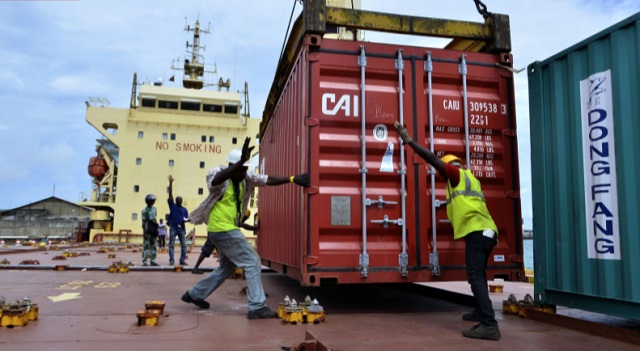
How a post-pandemic revival could kick-start continental free trade area
| FAIZEL ISMAIL | The African Continental Free Trade Area was launched two years ago at an African Union (AU) summit in Kigali. It was scheduled to be implemented from July 1, 2020. But this has been pushed out until 2021 because of the impact of COVID-19 and the need for leaders to focus on saving lives.
Studies by the International Monetary Fund (IMF), the United Nations Economic Commission for Africa and others state that the free trade area has the potential to increase growth, raise welfare and stimulate industrial development on the continent. But there are concerns. Some countries, particularly smaller and more vulnerable states, could be hurt. For example, they could suffer revenue losses and other negative effects from premature liberalisation.
The impact of COVID-19 will only worsen these structural weaknesses. The Economic Commission for Africa has reported that between 300,000 and 3.3 million people could lose their lives if appropriate measures are not taken. There are several reasons for this level of high risk. These include the fact that 56% of urban dwellings are in overcrowded slums, 71% of Africa’s workforce is informally employed and cannot work from home and 40% of children on the continent are undernourished.
Africa is also more vulnerable to the impact of COVID-19 because it is highly dependent on imports for its medicinal and pharmaceutical products and on commodity exports. The latter include oil, which has suffered a severe collapse in price.
Other contributing factors are high public debt due to higher interest rate payments than Organisation for Economic Co-operation and Development (OECD) countries, a weak fiscal tax base, and the negative impact on Africa’s currencies due to huge stimulus measures taken by OECD countries.
The COVID-19 crisis has brought these weaknesses into sharp relief. But it also provides an opportunity for African countries to address them. For example, they could accelerate intra-regional trade by focusing on the products of greatest need during the health crisis. Countries could also start building regional value chains to advance industrialisation, improve infrastructure and strengthen good governance and ethical leadership.
These are all vital to guiding African countries through the current crisis.
These goals can be achieved if African states adopt a “developmental regionalism” approach to trade integration. This would include fair trade, building regional value chains, cross-border investment in infrastructure and strengthening democratic governance.
Fair trade
A number of conditions need to be met for a free trade area to succeed.
Firstly, African states vary widely in size and economic development. As a result some may warrant special attention and specific treatment. In particular, among Africa’s 55 states 34 are classified by the United Nations as least developed countries. These are low income countries that have severe structural problems impeding their development.
Building trade agreements in favour of small and less developed economies will contribute to fairer outcomes of the free trade deal.
Secondly, African governments should include their stakeholders – businesses (both big and small), trade unions and civil society organisations – in the national consultation process. This will require effective institutions that enable the fullest participation.
Additional steps countries should take to cope with the fallout from COVID-19:
- Reduce tariffs on vital pharmaceutical products (such as ventilators), personal protective equipment and food products;
- Stimulate intra-regional trade by prioritising these products for an immediate or early phase down in the free trade area.
- Building regional value chains
 The Independent Uganda: You get the Truth we Pay the Price
The Independent Uganda: You get the Truth we Pay the Price


